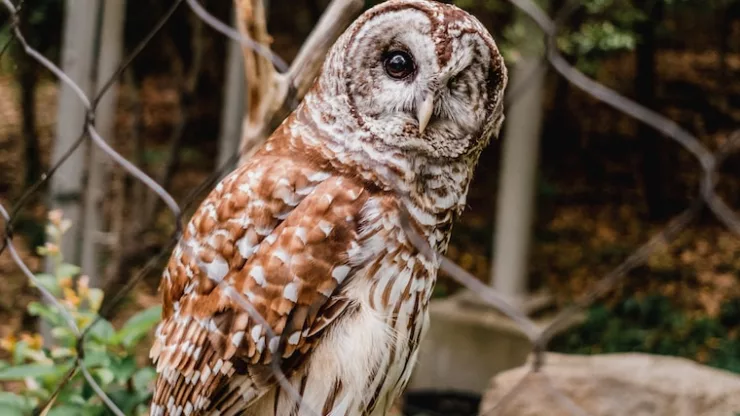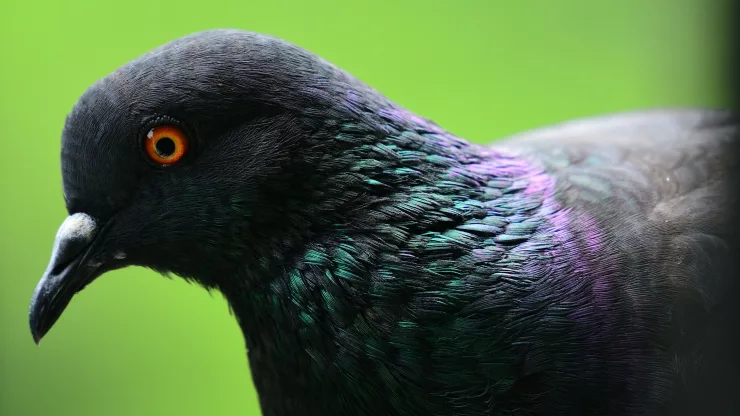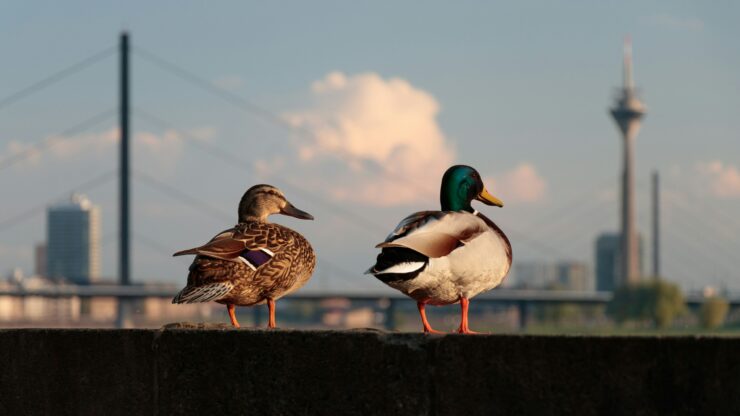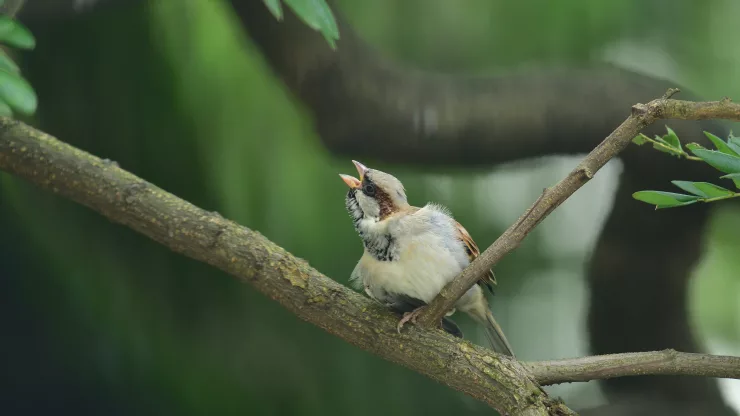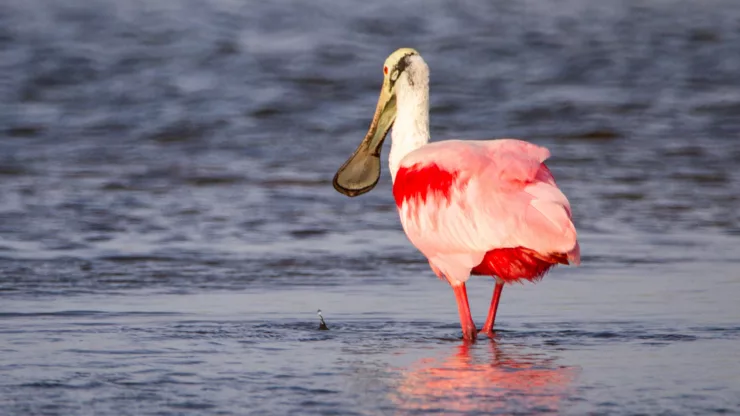As urbanization continues to encroach on wildlife habitats, encounters between humans and animals are becoming more frequent. Unfortunately, some of these interactions result in injury to the animals.
For those who care about the well-being of wildlife, the guilt and sadness that can come from being involved in such an incident can be overwhelming.
However, it is possible to cope with these emotions in a healthy way and take positive action to help injured animals.
Jump to Section
Understanding Guilt Over Injured Urban Wildlife
Guilt is a natural response to being involved in an incident that causes harm to another living being.
When it comes to injured wildlife, this guilt can be particularly intense for those who care deeply about animals.
Some common reasons for feeling guilty in this situation include:
- Feeling responsible for the injury even if it was unintentional
- Feeling like not enough was done to prevent the injury
- Feeling helpless or powerless to help the injured animal
It’s important to remember that while these feelings are valid, they do not have to consume you.
There are coping strategies that can help you process these emotions in a healthy way.
Coping Strategies for Emotional Healing
If you are struggling with guilt or sadness over an incident involving injured urban wildlife, there are several strategies you can use to promote emotional healing:
- Allow yourself to feel your emotions: Trying to suppress or ignore your feelings will only make them more intense. Allow yourself to feel sad or guilty, but try not to dwell on these emotions for too long.
- Practice self-care: Take care of yourself physically and emotionally. This might include getting rest, eating well, exercising, spending time with loved ones, or engaging in activities that bring you joy.
- Seek support: Talk to friends, family, or a therapist about what you are going through. Sometimes just having someone to listen can make a big difference.
Taking Action: Ways to Help Injured Wildlife
One way to cope with guilt over injured urban wildlife is to take action to help these animals. There are several ways you can do this:
- Contact a wildlife rehabilitation center: If you come across an injured animal, contact a local wildlife rehabilitation center. They will be able to provide advice on how to safely transport the animal and may take it in for treatment.
- Volunteer with a wildlife organization: Consider volunteering with an organization that helps injured or orphaned wildlife. This can be a great way to channel your guilt into something positive.
- Advocate for wildlife: Use your voice to advocate for policies and practices that protect wildlife habitats and prevent injuries.
Finding Peace: Moving Forward with Compassion
It’s important to remember that while it’s natural to feel guilty or sad when encountering injured urban wildlife, it’s also important to move forward with compassion.
By taking action to help injured animals and advocating for their well-being, you can turn your guilt into something positive.
Remember that every small action counts and that even the smallest act of kindness can make a difference.
Coping with guilt over injured urban wildlife can be a difficult experience, but by understanding your emotions and taking positive action, you can find peace and move forward with compassion.
Remember that you are not alone in your feelings and that there are resources available to help you cope.
With time and self-care, you can heal and make a positive impact on the world around you.
FAQ
How can I safely transport an injured animal to a rehabilitation center?
It’s important to remember that injured animals may be frightened or in pain, so it’s important to approach them cautiously.
Wear gloves and use a towel or blanket to gently wrap the animal and place it in a box or carrier.
Keep the animal in a quiet, dark space and transport it to the rehabilitation center as quickly as possible.
What should I do if I come across a baby animal that appears to be orphaned?
In many cases, baby animals may appear to be orphaned but are actually being cared for by their parents.
If you are unsure, observe the animal from a distance for a few hours to see if the parents return.
If the animal appears to be in distress or is in a dangerous location, contact a local wildlife rehabilitation center for advice.
I’m a nature enthusiast and creator of Metro Wilds and have spent years exploring the great outdoors.
With a passion for environmental conservation and sustainability, I have dedicated my career to writing about the beauty and wonders of nature, as well as the threats facing our planet.
Contact me at [email protected] for assistance.

